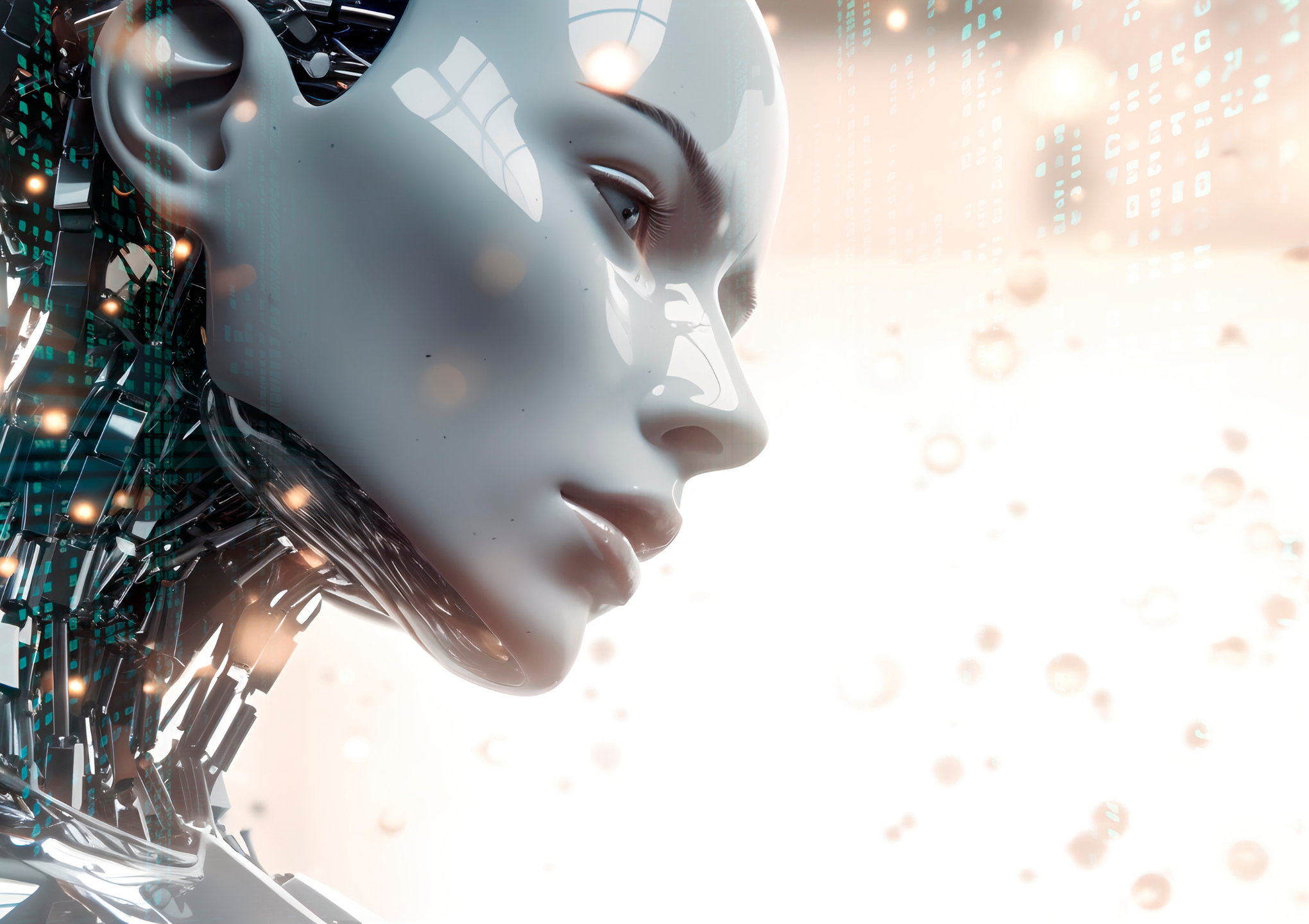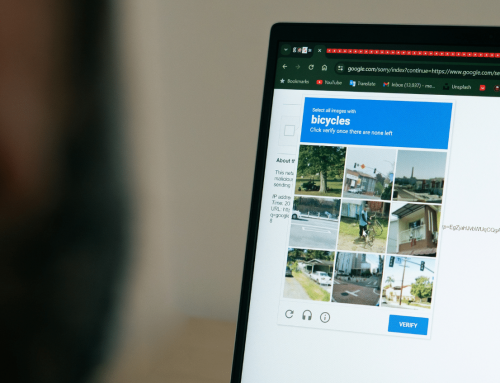Science fiction or soon everyday life?
Imagine this: You wake up, go to work - and meanwhile your baby is growing in the belly of a robot. No contractions, no stretch marks, no maternity leave. What sounds like a movie is set to become reality next year - at least in China. There, the start-up Kaiwa Technology is working on the world's first pregnancy robot that will not only carry a child, but also give birth. Cost: around 13,000 euros.
The robot - a so-called "humanoid" - is equipped with an artificial uterus. It is supplied with all the necessary nutrients via a tube. According to company boss Dr. Zhang Qifeng, the prototype is already at a "mature stage". Now the system just needs to be integrated into the robot's body.
And how will the fertilization work? According to the Daily Mail, this is still unclear. However, the idea of a "real man" sleeping with the robot and thereby "impregnating" it is already causing heated debate.
Between progress and Frankenstein
In China, the waves ran high. For many people, the project is an ethical nightmare. What about the mother-child bond? What happens when parents start to create the "perfect child"? And where do the egg cells come from - especially for infertile women?
On the other hand, many couples see this as a real opportunity. After all, a woman's body has to do a lot during pregnancy - and not everyone can or wants to go through this.
In a world where the desire to have children often collides with health or age-related obstacles, a pregnancy robot could open completely new doors. After all, around 10 to 15 percent of all couples in Germany are unintentionally childless - and the trend is rising.
China's strategy against the baby slump
The issue is particularly explosive in China. The birth rate is falling and the infertility rate is rising - from 11.9% (2007) to 18% (2020). Some provinces are even covering the costs of artificial insemination. The pregnancy robot almost seems like part of the national family policy: high-tech to combat demographic change.
It remains to be seen whether everything will really work so smoothly. After all, a robot may be technically capable of carrying a baby, but it cannot replace a mother.
Many questions remain
What's next? The programmable father? Legislation traditionally lags behind such developments - but here it is simply in danger of being overrun. Is there a right to a "robot child"? Who is liable if something goes wrong? And is a machine really a surrogate mother - or rather a technical incubator? We think so: Fascinating, but extremely dangerous.
Because one thing is clear: if people stop having children because it is more convenient to have them made - then we will have no future, only technology.







